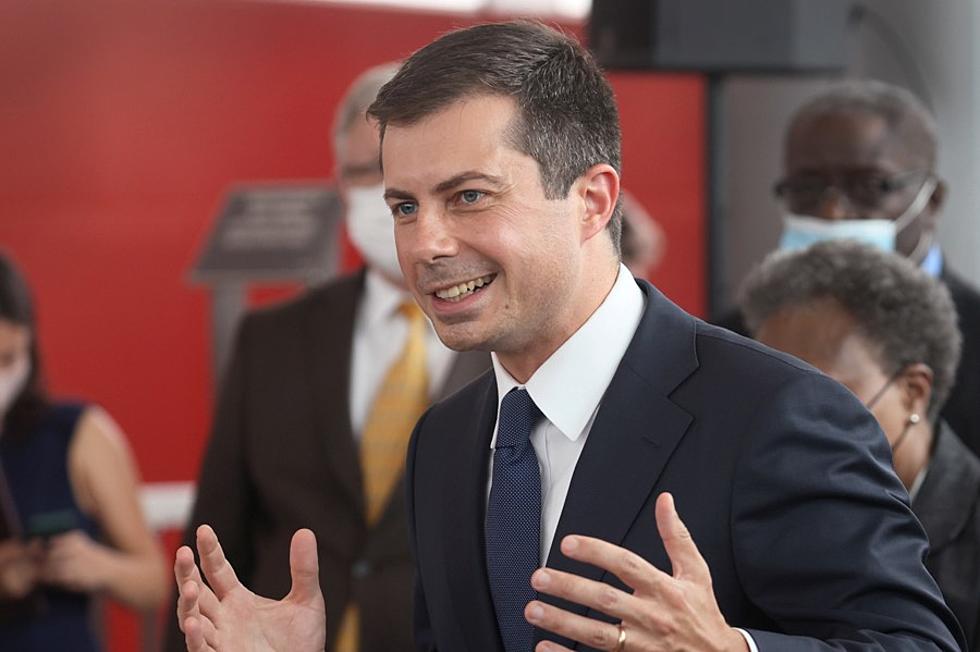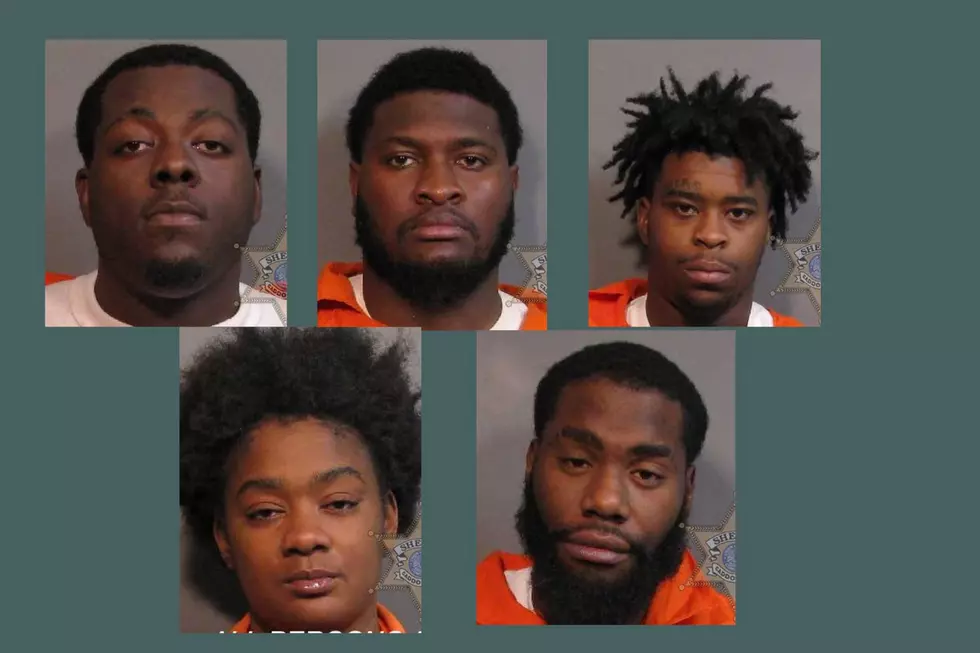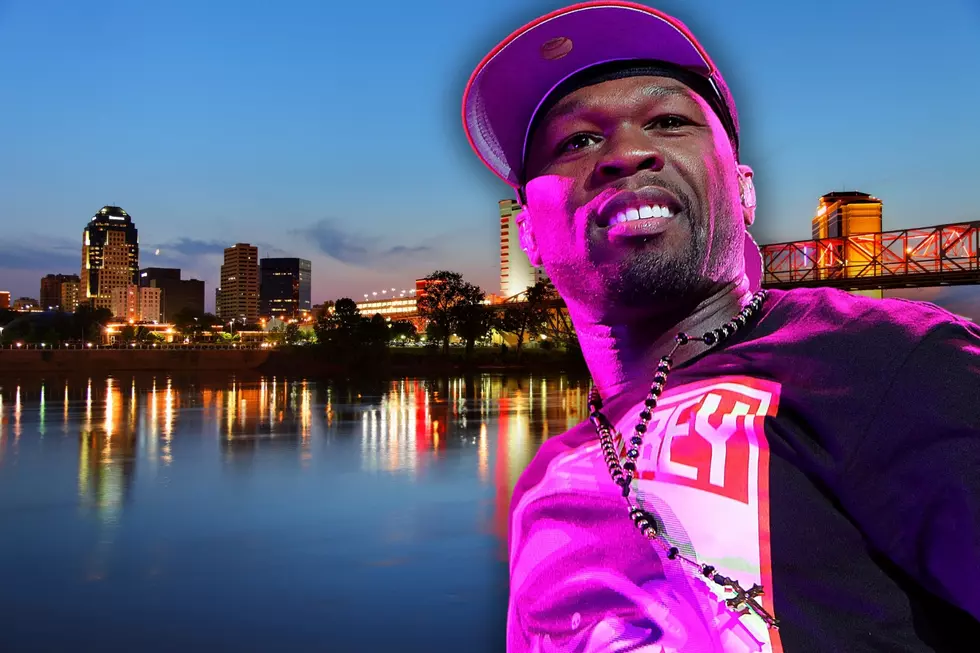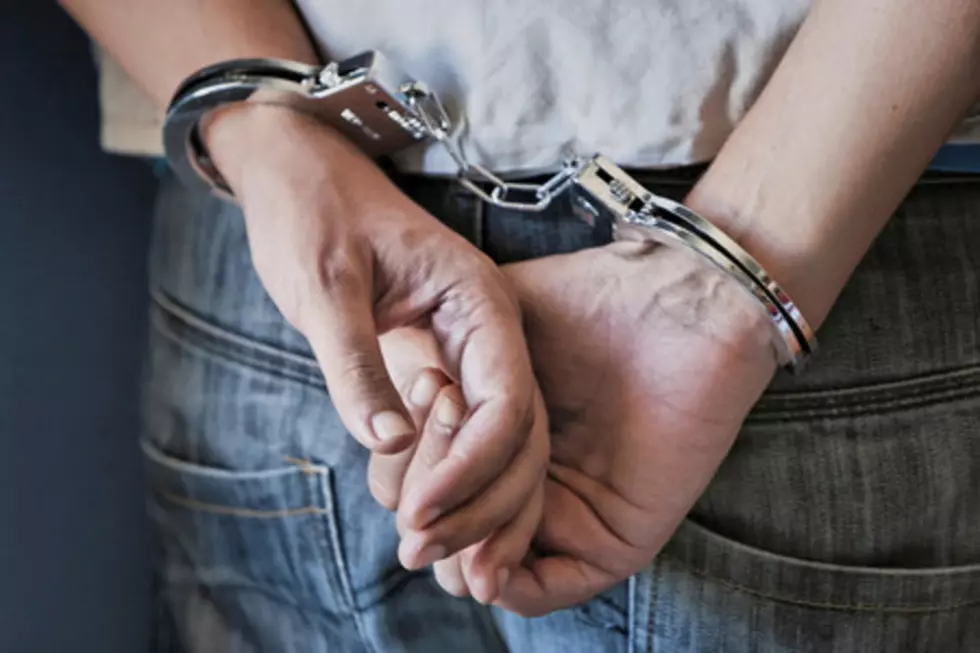
Could Claims of Racism Pull the Plug on Shreveport’s I-49 Inner City Connector?
Once again statements by Secretary of Transportation Pete Buttigieg cast a shadow on the yet-to-be-decided start date for Shreveport's proposed I-49 Inner City Connector.
Buttigieg celebrated the passage of President Biden's $1.2 trillion infrastructure bill by doubling down on previous claims that the federal highway system has "reinforced racial and economic inequity." Most recently, the Secretary said that fixing racist infrastructure was a priority of the Biden administration and that the newly passed legislation will help "address racism" in the system.
Louisiana's Bill Cassidy Says It's Time to Build
But Louisiana's US Senator Bill Cassidy, who voted in favor of the bill, nonetheless downplays the effect the billion dollar set-aside will have, calling it "left wing politics."
"I'm a little bit amused by that," Cassidy told KEEL, "You just can't tear up and rebuild a road for a billion dollars. It's more symbolism for the left than it's going to be a practical reality."
Local Opposition is Strong
But others think that there is weight to the Buttigieg - and Biden Administration - stance, including State Representative Cedric Glover, who told KEEL earlier this year, "I think the Secretary correctly details the history of...the impact of the federal interstate system."
In other words, could Buttigieg block further construction of federal highways through minority neighborhoods, the precise objection made repeatedly by opponents of the Connector, including Glover and the Allendale Strong organization.
Burrell Explains Why It's Time to Move Ahead
But Caddo Commissioner Roy Burrell disagrees with Buttigieg, Glover, et al, saying that the Connector would help revitalize Shreveport, especially Black owned businesses. "I can understand Secretary Buttigieg, because that's the information he gets," Burrell told KEEL in March, "And I recognize in the past this has been a problem. But right now, this piece of roadway - and we've already built two thirds of it - can be built today with public input. I would never actively support something that would destroy a neighborhood."

Things That May Be In Short Supply in Louisiana...and Soon
What Jobs Are Up for Grabs at Shreveport's Amazon Plant?
Best Places for Christmas Trees in Shreveport and Bossier City
More From News Radio 710 KEEL









